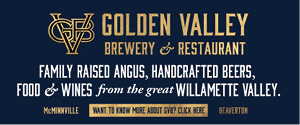French Connection
Caballus Cellars canters across the Oregon wine finish line
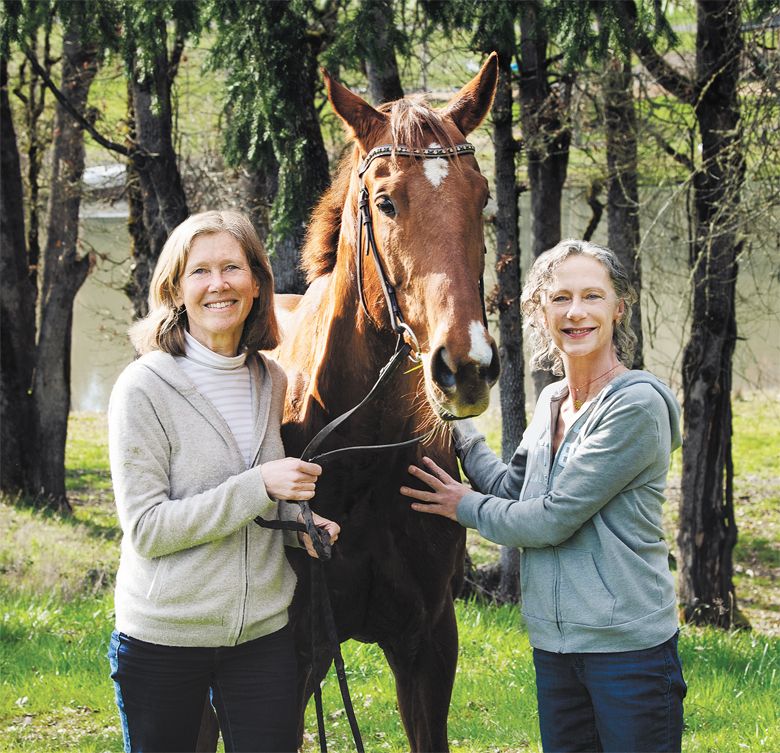
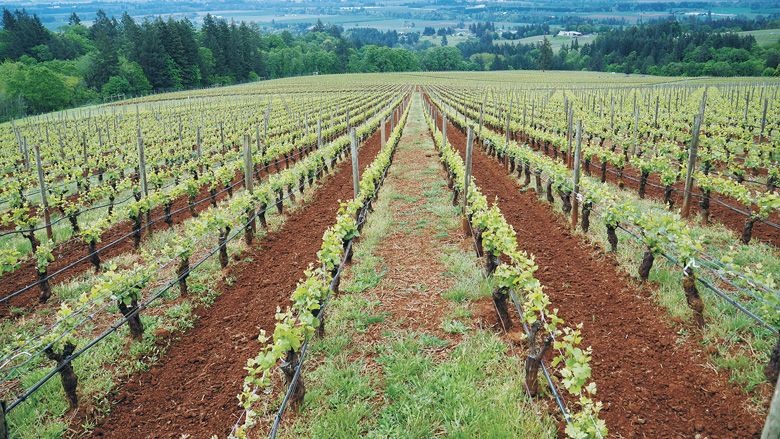
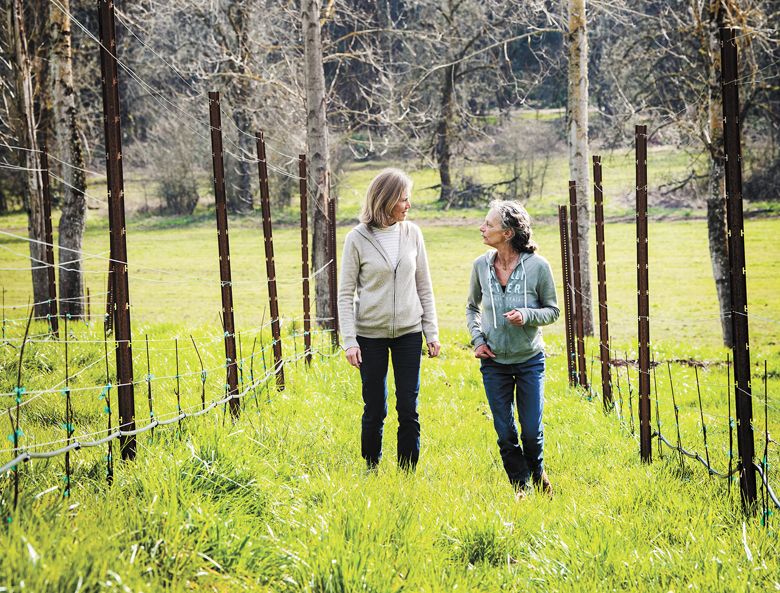
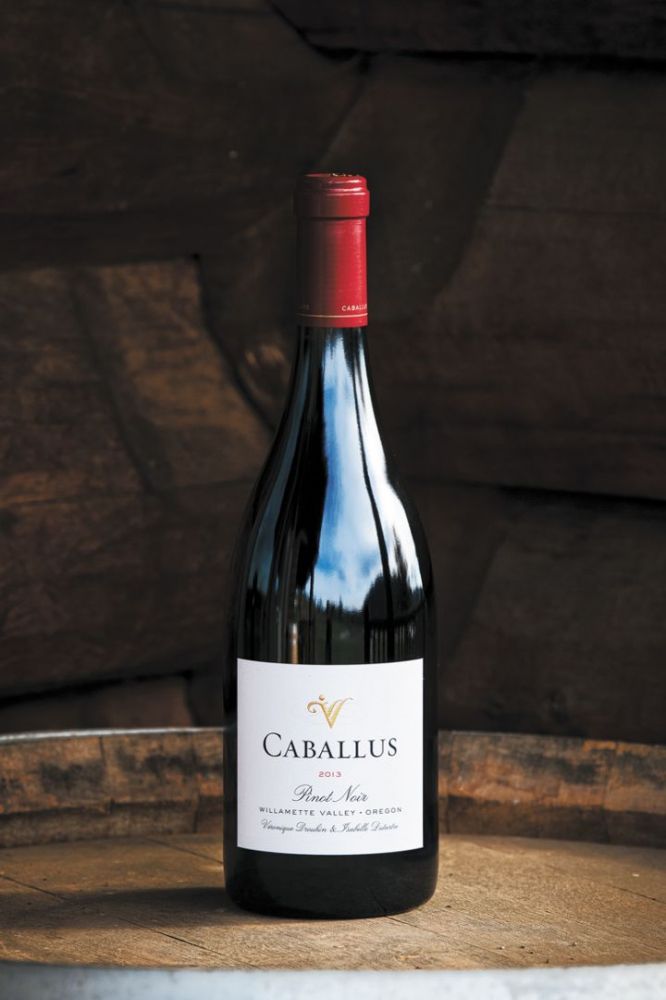
Forty years of friendship informs Caballus Cellars, a joint project between two of Oregon’s most esteemed winemakers, Véronique Boss-Drouhin of Domaine Drouhin Oregon and Roserock Oregon, and Isabelle Dutartre of De Ponte Cellars.
They met while girls in Beaune, France, bonding over a mutual love of riding horses. Incidentally, the word Caballus is horse in Latin. A friendship developed, deepened by a stroke of serendipity.
“We liked each other and had fun riding,” recalls Véronique Boss-Drouhin. “But then one day, it’s harvest time, and I see Isabelle in the winery.” (At that time, Domaine Drouhin Oregon did not exist. Robert Drouhin, Véronique’s father and CEO of Burgundy’s Maison Joseph Drouhin did not establish Domaine Drouhin Oregon, or DDO, until 1987, followed by Roserock Oregon in 2013.)
”What are you doing here?” Boss-Drouhin asked.
“I was hired by Monsieur Robert Drouhin to come and help for harvest,” responded Dutartre, who was studying enology at the time. “What are you doing here?”
“Well, I happen to be part of that family,” Boss-Drouhin said. “And I’m helping, too.” Dutartre so impressed Robert Drouhin he hired her full time to run the domaine’s lab, a job she held ten years.
Friendship
In 1985, Véronique joined the family domaine. “My first assignment was to help Isabelle in the lab,” says Boss-Drouhin. Part of the job involved tasting samples, often alongside Robert Drouhin and Laurence Jobard, his winemaker. Jobard, one of Burgundy’s first professional female winemakers, later encouraged Boss-Drouhin to pursue her own winemaking career.
Impressed by the aptitude shown by both young women, Boss-Drouhin’s father assigned the two pre-tasting duties, taking winery samples and selecting the best. Later, the four would meet to taste those samples deemed superior, in order to determine final selections. This lasted about five years, until Boss-Drouhin assumed winemaking at DDO in Dundee. “You can tell that we had the best time,” Boss-Drouhin says with a smile.
Partnership
Their cross-continental friendship took yet another turn when Dutartre left Maison Joseph Drouhin in 1992. A few months later, Robert Drouhin persuaded Dutartre to fly to Oregon and help with harvest at DDO. “So I started right away to Oregon, doing the harvest,” she says.
In Oregon, both women tag-teamed in the vineyard and cellar, long before formalized job shares. By then, each winemaker also had three children, so they helped raise each other’s kids, too. “Because we had kids, it was not so easy,” says Dutartre. “So we [worked] sort of part time, one starting, the other finishing.”
This collaboration at DDO continued for over five years. In 2001, seeking a new challenge, Dutartre left Drouhin, to make wine at De Ponte Cellars. “It’s hard, but when you are part of the same company for so many years, sometimes you want to prove [to] yourself that you can do something else, right,” she asks.
However, before accepting the position, Dutartre first notified Boss-Drouhin of her pending winemaking decision. ”Oh, it will be great!” Boss-Drouhin said. “We will be close together!”
“I’m not sure her father was so happy,” admits Dutartre. “But it was really fun, because we could spend time together during harvest– and that’s pretty good!”
Our Shared Secret
Throughout the many years of their friendship, both talked often about starting their own project together. Finally, in 2013, they created Caballus Cellars.
“Our primary goal with this project is to produce an outstanding, complex, elegant and refined Pinot Noir,” says Dutartre. “We want it to reflect its origins and vintages, and 40 years of wine experience and friendship.”
An allocation-only project, Caballus Cellars annually produces between 175-250 cases of Pinot Noir. “The wine is made both at De Ponte and DDO, and aged at De Ponte,” says Boss-Drouhin. “Every technical decision is made by both of us, and throughout the year, Isabelle looks after the barrels.”
Vineyard sourcing remains their secret sauce. “This is our little secret,” Boss-Drouhin says. “Having made wine for more than 30 years from different American Viticultural Areas, or AVAs in Oregon, we have a good understanding of the terroirs. What we can share is that Caballus is made of Pinot Noir from both Dundee Hills and Eola-Amity AVAs.”
Additionally, the two blend their fruit, unlike typical single-vineyard designate Oregon Pinot Noirs. “We like to keep both AVAs because I think they are very interesting,” says Boss-Drouhin. “The Dundee Hills brings a lot of elegance and finesse, and the Eola-Amity brings the fondamentale, the core. Very interesting, too, because at DDO, I work with Dundee and Eola fruit, but we keep them separate– we don’t blend them.”
Consequently, Caballus Cellars designates Willamette Valley, rather than Dundee Hills or Eola-Amity Hills, on their labels. Both also prefer some age on their wines. Like concerned parents, they want their wines brought up correctly, which takes time. As a result, they’ve recently released their 2016 Willamette Valley Pinot Noir.
While Dutartre handles élevage, Boss-Drouhin manages marketing, primarily through personal notes to friends and connections developed over years of making wine at DDO and Roserock Oregon. “People have been very enthusiastic, and love the wine,” she says. Currently, Domaine Drouhin Oregon offers Caballus Cellars wines. Additionally, their wines are available for sale in select area wine shops, including Earth & Sea in Carlton, and Valley Wine Merchants in Newberg.
Despite the success of their passionate project, neither winemaker anticipates expanding production. “The thing for us is, it’s just a fun project,” concludes Boss-Drouhin. “Beyond that, [we just want] to make a very, very good wine. And I have to say we’re lucky, because we’ve been both making wine for a long time in Oregon, so we know the good places.”





